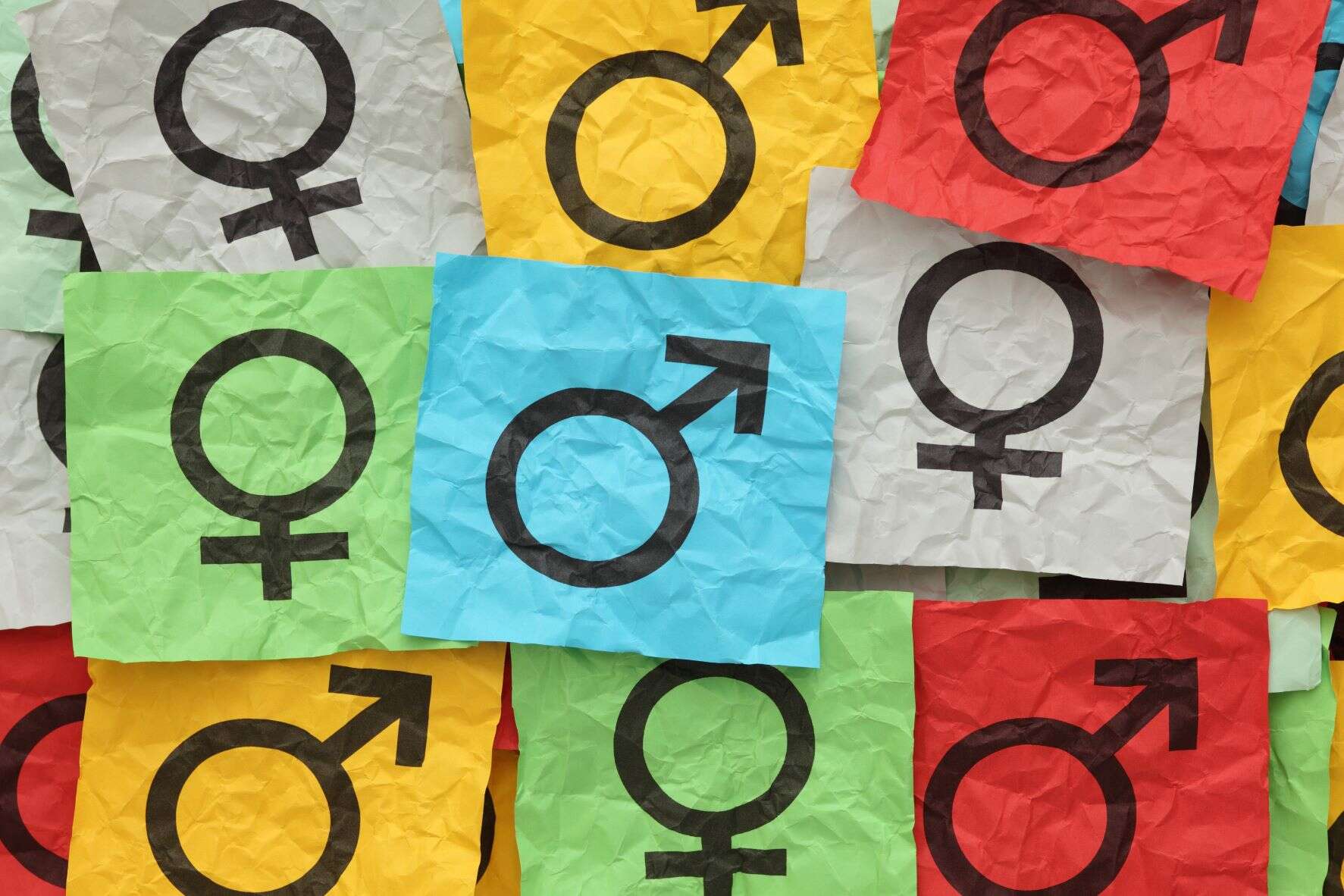

- Extreme weather events disproportionately affect women economically while climate change is also linked to an increase in gender-based violence.
- Greater gender diversity would bump global GDP by nearly 2% and could reduce global emissions by 1.5 gigatonnes a year.
- Although 20% of non-climate-related early-stage funding goes to startups with at least one female founder, just 15% of climate-related funding does.
“The consequences of climate change are not gender-neutral,” concludes LSE’s Grantham Research Institute in an article published in late June.
Although all-too-little has still been done about it, the link between gender and climate change is not news. It was first recognised internationally almost 30 years ago at the Beijing Declaration and Platform for Action.
Women remain on the front line of climate change. Higher temperatures have a negative impact on the working hours of low-skilled labour, especially among women.
A report last year from the UN Framework Convention on Climate Change (UNFCCC) highlighted not only that extreme weather events disproportionately affect women and their ability to perform their everyday tasks, it also triggers rural-to-urban migration among men in some countries, leaving women in charge of land and the household and other tasks traditionally performed by men.
High-skilled labour is generally seen as insensitive to climate change, but even here women are being short-changed. US consultancy BCG estimates that the number of new jobs in the green economy will increasingly go to men [see chart].
On top of economic ructions, climate change is also linked to an increase in gender-based violence, which The Lancet defines as a “harmful act (physical, sexual, mental, or emotional) that is perpetrated against a person’s will and on the basis of…gender…differences between male and female individuals.”
Progress has been slow which is short-sighted. “Although often seen only as the victims of climate change, women are also catalysts for innovative solutions at both local and international levels,” noted the OECD in a report last year.
Slow progress on gender
BCG indicates that greater gender diversity would bump global GDP by nearly 2% and could reduce global emissions by 1.5 gigatonnes a year – this is equal to the combined total annual emissions of Indonesia, South Africa and Brazil.
In Europe alone, it could potentially create an additional 10.5 million jobs by 2050, 70% of which would be taken by women.
According to the consultants McKinsey, climate-related private-market equity investments reached $196bn last year, a nearly threefold increase since 2019. And it is unlikely to slow down.
“Climate investing is well positioned to continue along its growth trajectory in this turbulent environment,” it wrote.
All good news, but women are being excluded from this. The BCG consultants note that this revolution is bypassing women. Although 20% of non-climate-related early-stage funding goes to startups with at least one female founder, just 15% of climate change-related funding does.
“Absent a concerted effort to shift course and integrate women into climate action, progress toward gender equality will likely be delayed by an additional 15 to 20 years,” the BCG consultants concluded.
A quicker route to net zero
“When developing inclusive green finance policies, it is essential to adopt a gender-sensitive and intersectional lens,” wrote London’s School of Oriental and African Studies’ Ulrich Volz and Peter Knaack in June.
Eleonore Soubeyran, policy analyst and research adviser, and Kamya Choudhary, India policy fellow, both at the LSE, outline four specific ways in which both countries and organisations should tackle gender inequality.
First, firms should tackle green job inequalities via reforms in the educational and organisational culture.
According to UN agency Unesco, less than 30% of the world’s scientific researchers are women and, more to the point, women in science, technology, engineering and mathematics (STEM) fields publish less, are paid less for their research and do not progress as far as men in their careers. In the oil and gas sector, women still make up less than a quarter (22%) of employees.
With only a third of small businesses in developing markets established by women, the second point that Soubeyran and Choudhary make is that social and financial exclusion needs to be addressed. “Women do not generally have the same level of financial resources or social capital as men,” they say.
A recent World Bank study reported that while men’s ownership of bank accounts in developing countries had increased from 60% to 67%, women’s ownership had grown from 51% to 59%. “The gender gap has stubbornly remained at nine percentage points in emerging markets since 2011,” it said.
The third point they make is to improve representation in discussion forums and decision-making roles.
Soubeyran and Choudhary highlight the fact that at COP26 in Glasgow, women made up only just over a third (37%) of the delegations representing national governments and received less than a quarter (24%) of the speaking time in the plenary sessions.
They point to research in the European Journal of Political Economy that argues that having more women in parliament has been correlated with better climate policies, while Capital Monitor in March highlighted that greater gender equality helps asset managers perform better financially. Investment teams in the top quartile of gender diversity outperform the bottom quartile by 45bps per annum in terms of net excess returns, we wrote.
Spread the climate change load
The final way in which organisations should tackle gender inequality is by distributing workloads and emphasising the role of men’s allyship.
“To give women more time and energy to participate in climate action, it is important to reduce women’s workloads through gender-equal redistribution, and for men to work proactively alongside them to address these critical issues that affect us all,” they write.
Climate action and gender equality are all aimed at the same result. As allies, the route to net zero and containing climate change would be speedier and more profitable.
[Read more: International Women’s Day: Better gender diversity equals higher profits]





